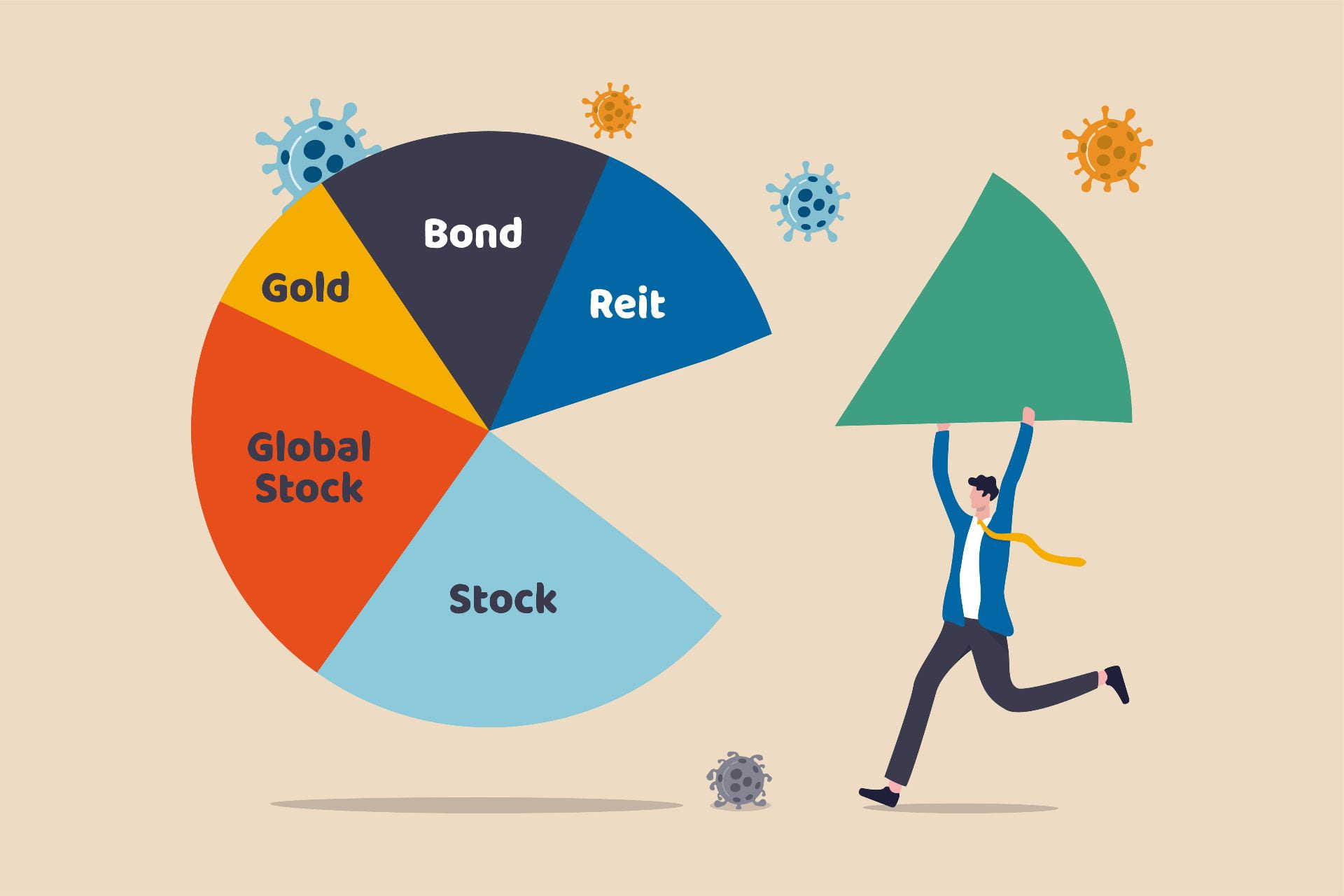New research by Associate Professor Maribeth Kuenzi and co-authors reveals that leaders’ and subordinates’ perceptions of ethics and leadership often differ from each other. The employees who experience this disconnect between perception and reality may lash out in negative ways. Managing this difference of viewpoints has important implications for the workplace.
Workplace deviance, or misconduct, places a high cost on the economy. It ranges from $550 billion in employee disengagement to $200 billion for delinquent behavior and $44 billion for workplace theft, according to various sources. The authors collected data from 343 organizations in the southeast U.S., including technology, government, insurance, financial, food service, retail, manufacturing and medicine. In the study, almost 80 percent of supervisors rated themselves as more ethical than their subordinates rated them. Kuenzi said this variance is widespread among both small and large organizations. Thus, it’s important for firms to determine what their core values are and communicate them accordingly. “There needs to be alignment between all of those things,” Kuenzi suggests.
Overestimation of leaders’ ethicality is related to greater levels of workplace deviance. “Subordinates receiving feedback from leaders who overestimate are more likely to experience feelings of anger and discouragement,” she says. When employees see their leader as more ethical, less misconduct or undesirable behaviors occur.
“Subordinates receiving feedback from leaders who overestimate are more likely to experience feelings of anger and discouragement.”
The researchers said their findings are related, in part, to leader humility. A core measure of humility is whether one sees one’s behavior in the same way others do. It’s important for leaders to communicate what they are doing and why, according to Kuenzi. “Employees model your behavior and what you say.” This is especially important in today’s less hierarchical organizations.














